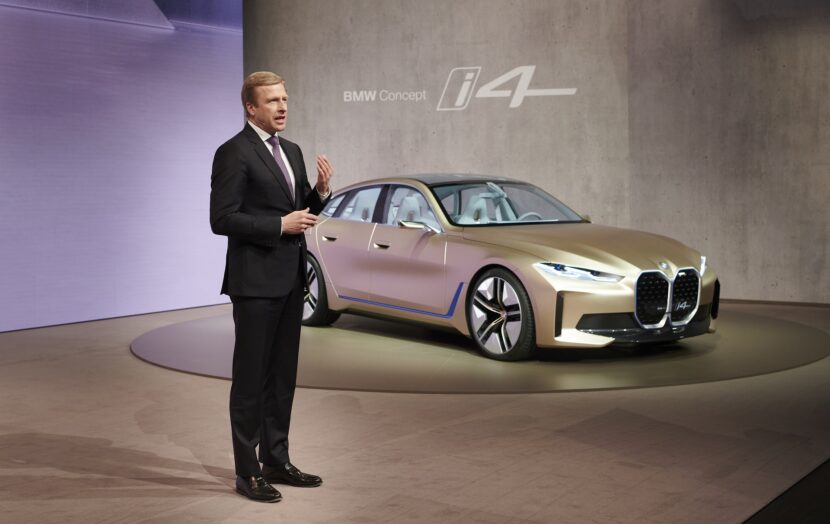In a new saga over tariffs, Tesla and BMW have taken legal action against the European Commission, challenging the recent decision to impose additional tariffs on electric vehicles manufactured in China. The lawsuits, filed in the European Union’s General Court, add to growing resistance from automakers affected by the EU’s crackdown on what it claims are unfair Chinese government subsidies.
The tariffs, which were introduced last year following an EU investigation, apply to all Chinese-made electric vehicles and add to an existing 10% import duty. BMW, which builds the electric MINI Cooper (J01) and Aceman (J05) in China, faces a high 20.7% duty. Tesla’s Shanghai-built EVs were hit with an additional 7.8% tariff. Other Chinese manufacturers, including BYD, Geely, and SAIC, have also been targeted, with some companies facing levies as high as 35.3%. Cars made in China and imported to the EU are also subject to a 10% import duty.
BMW Proposes a Single Tariff
Speaking at the WELT-Wirtschaftsgipfe conference last month, BMW CEO Oliver Zipse proposed that the EU and US level the playing field by applying a singular tariff rate of 2.5% on both sides of the pond. This would ultimately benefit customers by avoiding having to pay substantial artificial markups.
The European Commission justified the move by arguing that China provides its domestic EV industry with an unfair advantage through subsidies, including low-cost land, favorable financing, and support for key suppliers. The EU contends that these measures distort competition by allowing Chinese automakers to sell vehicles in Europe at artificially low prices, undercutting domestic manufacturers.
Both Tesla and BMW have pushed back, arguing that the tariffs not only harm global trade but also negatively impact European consumers and the transition to electric mobility. A BMW spokesperson stated for Bloomberg that the duties “limit the supply of electric cars to European customers and can even slow down decarbonization in the transport sector.”
Tesla has not publicly commented on its lawsuit, but Elon Musk has previously criticized trade barriers that disrupt supply chains and raise consumer costs.
Absorbing Costs or Increasing Prices?
In the meantime, companies like BMW and Tesla are faced with difficult choices—whether to absorb the additional costs and reduce profit margins, pass the burden onto consumers and risk lower sales, or explore shifting production to Europe, a costly and time-intensive solution.
Thanks to its global network of plans, BMW could shift some of its production. We already know that the Oxford plant is preparing for electric vehicles, but the timeline for that is still unclear, as well as the models to be manufactured there. Additionally, the Munich plant is also being converted for electric vehicles while the Debrecen plant, opening later this year, will manufacture the Neue Klasse EVs. Most of the other BMW plants are building electric vehicles on their lines, like the iX1 and Countryman SE in Regensburg.
Tesla Sales Dropped in Europe
The situation is quite complicated for Tesla as well. In Germany, where Tesla had long dominated electric car sales despite growing competition from the German OEMs and Chinese brands, registrations plummeted by 60% in January, with only 1,277 units sold, according to Fortune. In France, Tesla’s sales fell even further, plunging 63% year-over-year in January. Meanwhile, in the UK, Tesla also saw an 8% decline.









































































